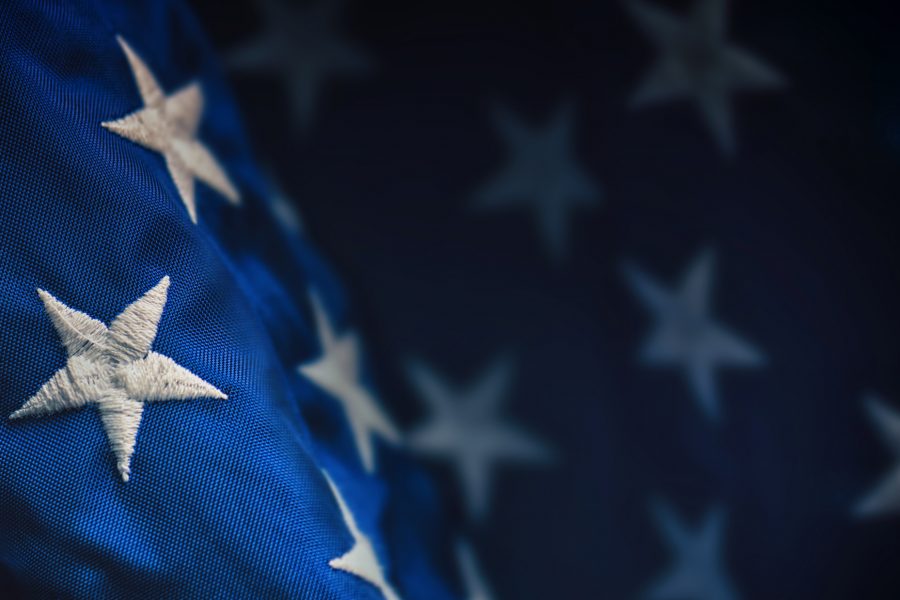By Lance Izumi and McKenzie Richards
President Trump has signed an executive order establishing a national commission to promote patriotic education and to “encourage our educators to teach our children about the miracle of American history.” When that commission gets down to work, there are numerous examples of successful curricula that both celebrate and critically analyze America’s past.
John Adams Academy, a public charter school located outside Sacramento, California, uses an American Classical Leadership curriculum, which engages students “with the uniquely American ideals and statesmen that have shaped the truly great American democratic heritage” and highlights “principles of liberty, virtue, morality, entrepreneurship, and democracy.”
Also, John Adams employs the classical education model, which is based on grammar, logic, and rhetoric. This model shuns the usual history textbooks that filter history and instead uses primary sources and the great books of the Western tradition to instruct students.
Students read original documents such as the Abraham Lincoln’s First Inaugural Address and the Lincoln-Douglas Debates, plus great classic works such as Alexis De Tocqueville’s Democracy in America.
Teachers at John Adams use the Socratic method of questioning and discussion to promote critical thinking and deeper understanding of issues.
The Socratic method, says Joseph Benson, the school’s executive director, “really makes [students] engage the text” and “lights the fire so they become their own learners.”
Other schools also use what could be termed a patriotic education curriculum. American Heritage Academy, a private school in Las Vegas, Nevada, uses a curriculum that emphasizes the providential forces of history and the lives of great men and women who paved the way for America’s founding.
Students are called “scholars” because American Heritage Academy teaches that independent thinkers and future statesmen must learn how to think and not what to think.
By “providing a principle-based education that develops the mind and heart” American Heritage Academy creates scholars who will be become leaders of the country.
American Heritage Academy’s curriculum teaches that America’s founding was imbued with principles such as individuality, self-government, and conscience. Scholars internalize the principles of the founding through engaging with original sources and participating in various events throughout the year.
For instance, each school year scholars exercise self-government by drafting class constitutions, which outline the standards they will uphold.
By Constitution Day, celebrated on September 17th, scholars finish drafting their constitutions and hold a large evening assembly. With feathered pens in hand and patriotic music roaring overhead, parents watch as scholars proudly sign their constitutions.
Scholars learn of their individuality by choosing a historical hero to study each year. American Heritage Academy teaches that by reflecting on the great lives of history, the purpose of our own lives becomes clearer.
Like John Adams Academy, scholars engage with original sources. For example, first graders learn of Abigail Adams through her letters to John Adams and high schoolers learn political philosophy through texts like John Locke’s Second Treatise of Government.
Not only does American Heritage Academy seek to educate its scholars, but its community as well. As a rebuttal to the New York Times’ debunked 1619 Project, which falsely claims that America was founded to protect slavery, American Heritage Academy planned a community event, the 2020 Project (postponed due to COVID), as a celebration of 400 years of religious freedom since 1620.
There is growing demand for the type of education offered by John Adams and American Heritage.
John Adams Academy has expanded to three campuses since the opening of its initial campus a decade ago. The Institute for Classical Education aims to bring classical education to tens of thousands more students within the next five years. Also, colleges, such as the University of Dallas, are establishing classical-education teacher-preparation programs.
In a recent Rasmussen survey, nearly six out 10 likely voters agreed with President Trump that patriotic education needs to be restored in schools. The leftist education establishment may fear proclaiming the greatness of America, but most Americans do not.
Lance Izumi is senior director of the Center for Education at the Pacific Research Institute. McKenzie Richards is development associate at the Pacific Research Institute.


